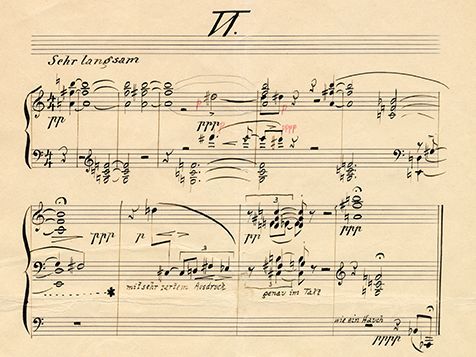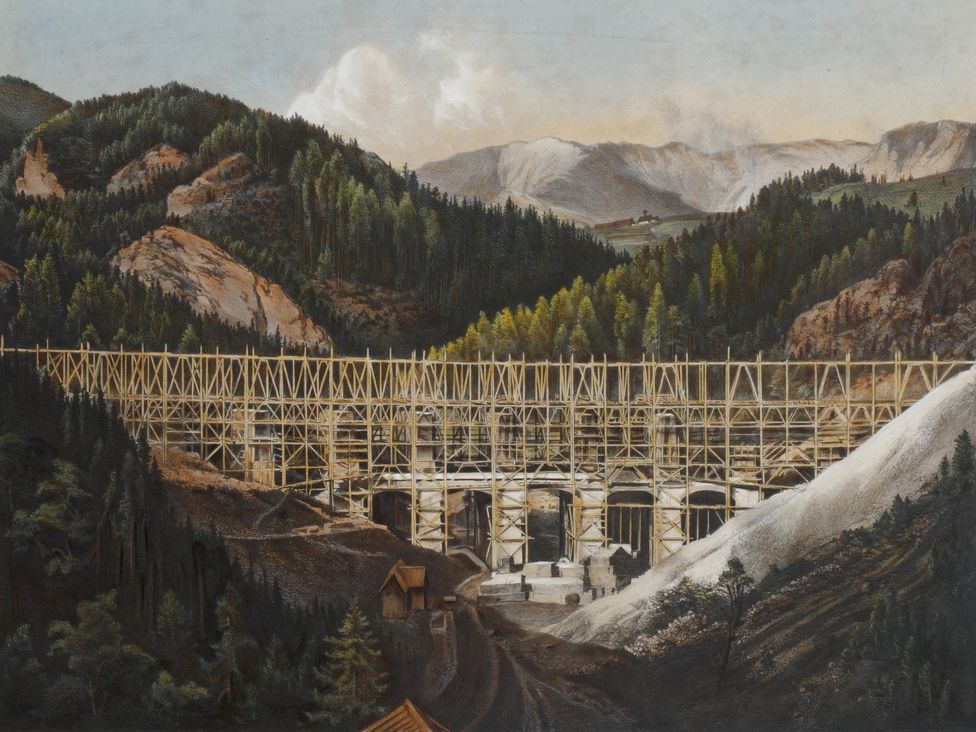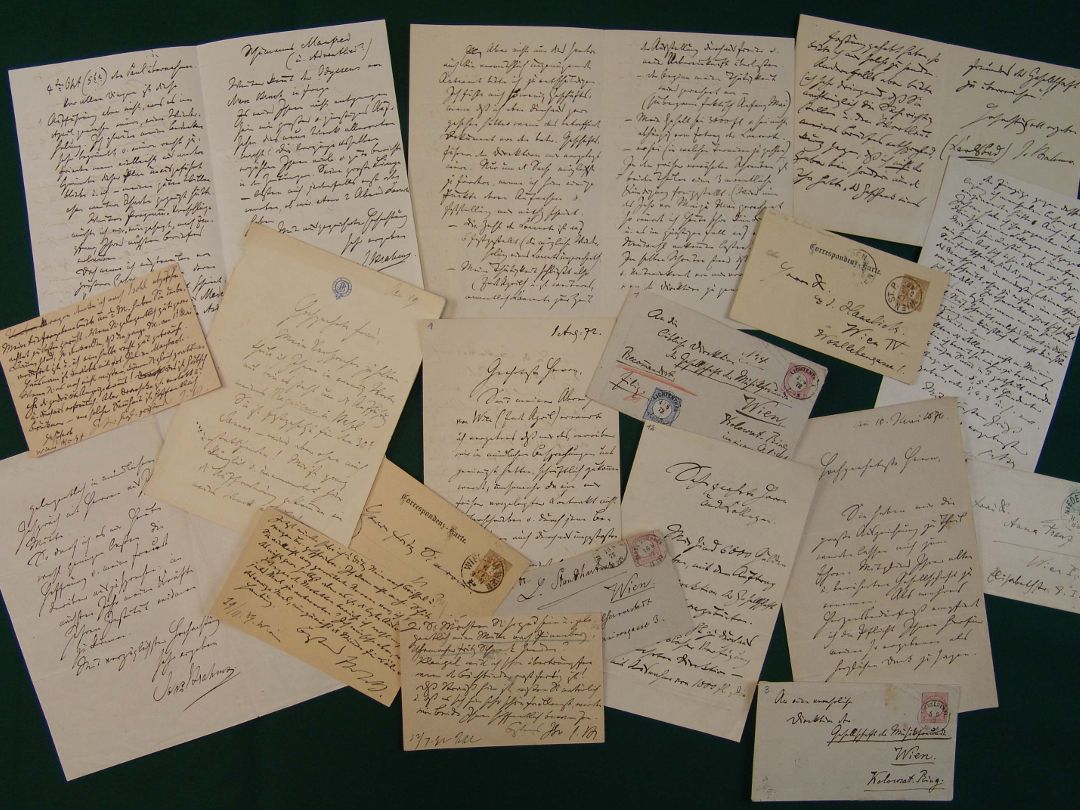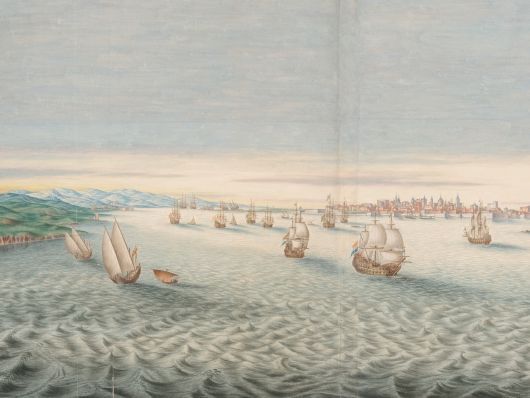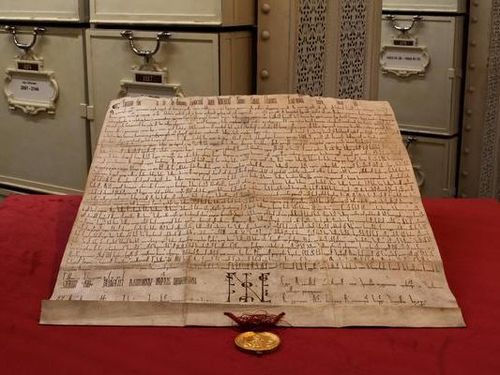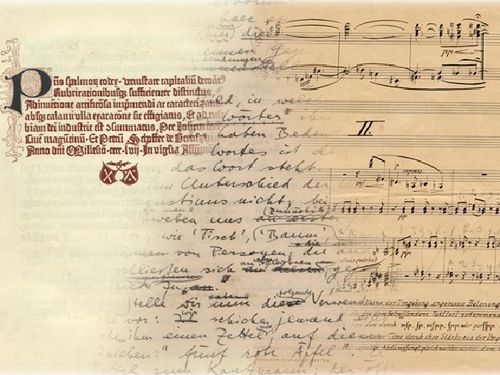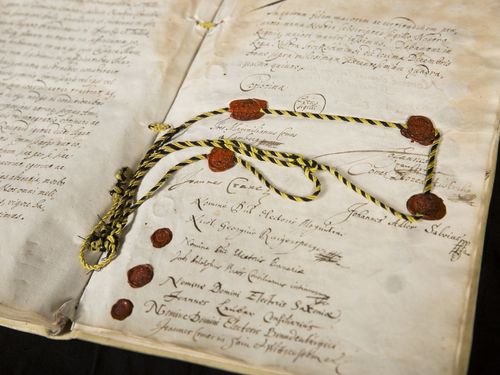In 1992, UNESCO founded the Memory of the World programme to protect and preserve documentary heritage worldwide. Key message: If worldwide commitment to professionally preserving documents is not intensified considerably, a portion of collected works containing important historical, cultural and scientific knowledge will be lost in the foreseeable future. Substantial effort is needed to preserve documents and professional storage and organisation often present a challenge due to a lack of resources and capacities. Destruction, illegal trading and also climate conditions further complicate this endeavour. Acidic papers become decayed, historical manuscripts are damaged by ink corrosion, sound carriers become unusable and those that are still well preserved are threatened by the rapid disappearance of fully functional display devices. Digitalisation and digital preservation of digital content also present new challenges. UNESCO wants to create awareness of these questions and calls on Member States to make arrangements for the long-term preservation of digital heritage.
Key objectives of the programme
1. Ensuring the sustainable preservation of physical and digital documentary heritage 2. Creating universal access to documentary heritage 3. Raising awareness of the existence and significance of documentary heritage
The Memory of the World Register
The programme is supported by the International Memory of the World Register. It exhibits valuable book collections, manuscripts, scores, unique copies and image, sound and film documents that are of particular global significance. As a “communication medium”, the register aims to draw the public’s attention to the importance of documents and their preservation. The Memory of the World Register currently comprises 427 entries - including the 21 Demands of Solidarity,the Collection of Indigenous Languages in Mexico, the Warsaw Ghetto Archives and the Göttingen Gutenberg Bible, which is one of the first examples of letterpress printing.
Memory of the World in Austria
Austria currently safeguards 15 documents and collections that are included in the Memory of the World Register. These include three international joint entries (the Bibliotheca Corviniana Collection, the Golden Bull and the Philosophical Legacy of Ludwig Wittgenstein):
- Vienna Dioscurides, Austrian National Library
- The Final Act of the Congress of Vienna 1815, Austrian State Archives
- The Historical Collections (1899–1950) of the Vienna Phonogrammarchiv of the Austrian Academy of Sciences (ÖAW)
- The Papyrus Collection (Erzherzog Rainer Collection), Austrian National Library
- Schubert Collection, Vienna City Library
- Atlas Blaeu-Van der Hem, Austrian National Library
- Brahms Collection, Gesellschaft der Musikfreunde
- Collection of Gothic Architectural Drawings, the Graphic Collection at the Academy of Fine Arts Vienna
- Bibliotheca Corviniana, Austrian National Library (submitted together with Hungary, Belgium, Germany, France and Italy)
- Tabula Peutingeriana, Austrian National Library
- Arnold Schönberg Estate at the Arnold Schönberg Center
- Mainz Psalter, Austrian National Library
- The Golden Bull, Haus-, Hof- und Staatsarchiv, Austrian National Library (together with Germany)
- The Philosophical Legacy of Ludwig Wittgenstein, Austrian National Library (together with Great Britain, Canada and the Netherlands)
- The Documents on the Semmering Railway, Vienna Technical Museum
There are also national equivalents, which exist alongside the International Register, such as the Memory of Austria Register. This was established in 2014 and now comprises 59 documents and collections that are of cultural and historical significance to Austria.

